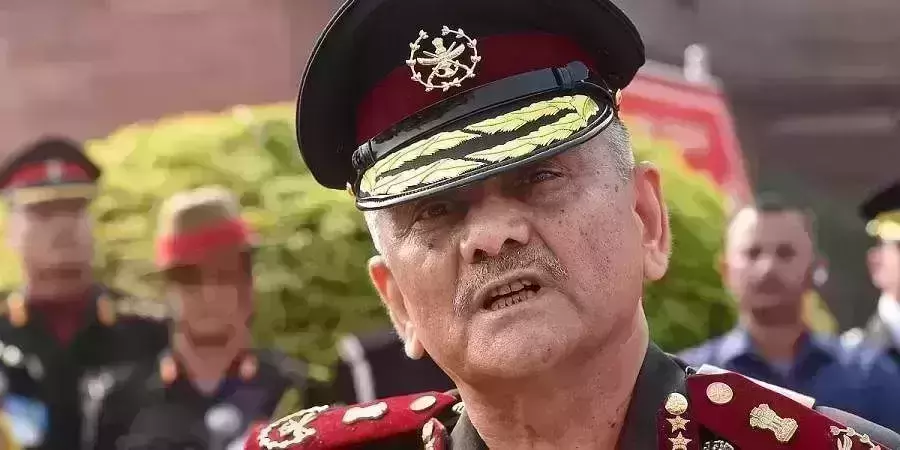
A pull-back for a re-zoom
text_fieldsAlthough suspended briefly due to a last minute technical glitch in the rocket launcher, India's Chandrayan-2 is set to write yet another brilliant chapter in the history of the country's space missions. The scientists have been handling this most complex mission in the history of Indian Space Research Organisaton (ISRO) so far with minutest care. Hence the deferment of the launch when the slightest issue was detected.
The efficiency and expertise of Indian scientists in space technology is now universally acknowledged. Chandayan-1 not only accomplished its mission successfully a decade ago, but also created history by detecting presence of water on the surface of the moon. The new mission, however, has bigger and diverse goals.
Chandrayan's lander 'Vikram' and the rover 'Pragyan'that has to traverse along the moon's surface, will make a soft landing in the designated spot between two craters of the moon. The rover will spend a lunar day (14 days of the earth) exloring the chemical composition, minerals and water ice of the moon. Once this soft landing happens as planned, India will become the fourth country making the feat besides USSR, US and China. In addition, India will become the second country to reach the south pole of the moon after China. It is significant that the rover, lander and the orbiter used in the mission are all made indigenously. For the entire operation to go as planned, the velocity of the rocket has to be micro-monitored. And this is done entirely depending on signals. It is because even a split-second error will defeat the entire mission that the launch of the Rs 978 Cr Chandrayan-2 was pulled back in the eleventh hour due to the minute snag. This is not a setback, but only a step of caution to ensure success.
This year marks not only the tenth anniversary of Chandrayan-1, but also the 50th anniversary of man's first landing on the moon. When man's tryst with moon thus completes half a century, we the inhabitants of the earth, are causing self-made disasters on an unprecedented scale on the planet. Wars and other catastrophes unleashed by governments have put explorations into other worlds under suspicion. Scpetics' question whether those who shed blood on earth aim at the moon and Mars to cause destructions, is not irrelevant. There is also the question whether other planets should also be subject to the avarice of man who is already causing ravages on earth through over-exploitation. The answer to this lies in the fact that in the field of space, countries have mostly maintained mutual co-operation. Our scientific endeavours should be driven by lasting common interests rather than temporary gains. Humans, who have the strength to develop into infinite knowledge, need to mesh link that knowledge into a value-system. It is when that is not done that such knowledge becomes more dangerous than ignorance. The insights and experience earned through space technology should not lead to new 'star wars'. And hence the saying that the most essential 'payload' in space travel is mutual co-operation and goodwill. Although certain other countries do function in this domain with destructive urge, India's tradition is on the productive side.
In addition to the study of the chemical composition of the moon, its minerals and lunar water, Chandrayan-2 also aims at another takeaway. There is already a thought that in the place of the first international space station - whose lifespan is to end soon - another space station has to be installed. And obtaining some preliminary data that can help set up that station through this mission, cannot be ruled out entirely. Much as the rivalry in space exploration will do harm, the multi-national co-operation that can be made possible by missions like Chandrayan, can also bring major benefits. It can be hoped that India's prestigious organization, ISRO can take Chandrayan-2 to its defined success efficiently without delay.























